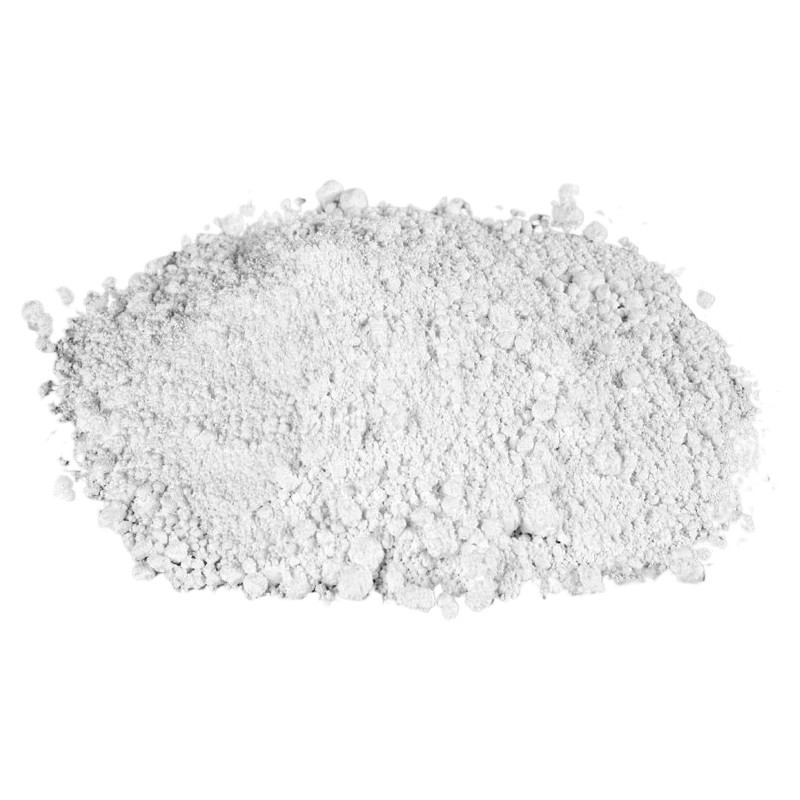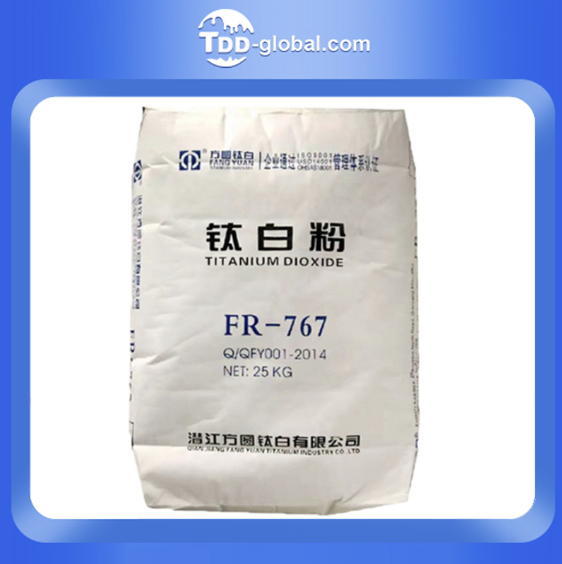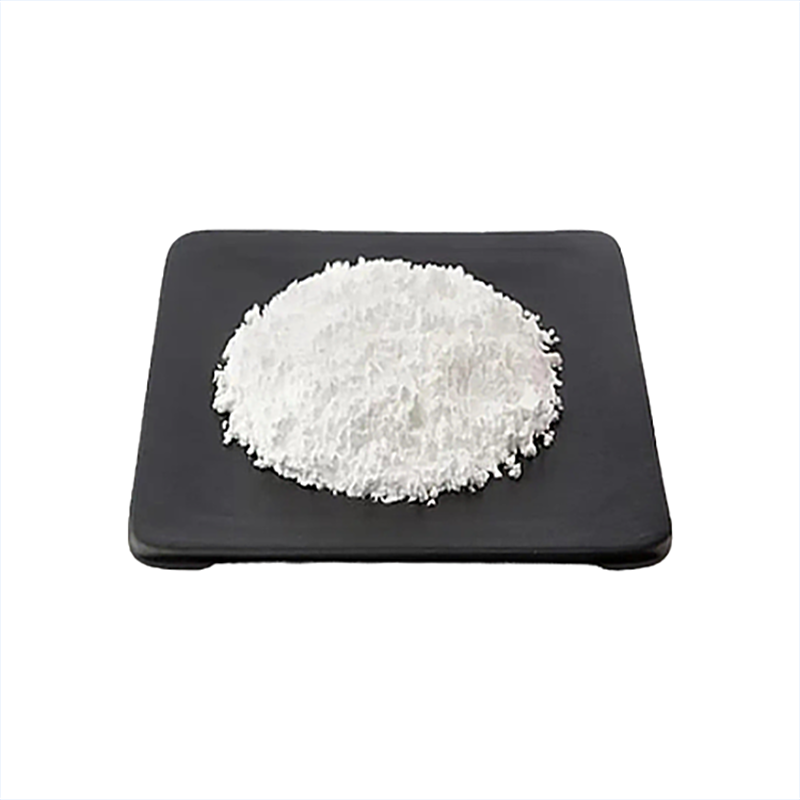Q
is titanium a metal or nonmetal
I'm a seasoned industrial engineer with a keen interest in machine learning. Here to share insights on latest industry trends.
I'm a seasoned industrial engineer with a keen interest in machine learning. Here to share insights on latest industry trends.
You May Like
The boiling point of titanium is at approximately 3,287 degrees Celsius (5,949 degrees Fahrenheit). Titanium is a transition metal known for its high strength, low density, and excellent corrosion resistance, which makes it an ideal material for a variety of industrial applications, including aerospace, automotive, and medical devices. Its high boiling point is indicative of the strong bonds between its atoms, a characteristic that contributes to its durability and ability to withstand high temperatures without melting or vaporizing easily. This makes titanium an excellent choice for use in environments that are subject to extreme heat.
To check yarn quality, several factors need to be considered such as strength, evenness, fineness, and elasticity. Use a tensiometer to measure yarn strength by assessing the force required to break it. Yarn evenness can be checked visually or with an evenness tester that identifies variations in thickness. A micronaire device assesses the fineness or thickness of fibers in the yarn, influencing its softness and durability. Elasticity is crucial for fabrics requiring flexibility, tested by stretching the yarn and observing its ability to return to its original length. Additionally, inspect the yarn for any visible imperfections like knots, slubs, or color inconsistencies. For a comprehensive understanding, it's advisable to combine these methods as each assesses different aspects contributing to overall quality.
Yes, phenolic resin is a type of thermosetting polymer. It is formed through the reaction between phenol and formaldehyde under heat and pressure, in the presence of a catalyst. Unlike thermoplastic polymers, which can be melted and reshaped multiple times, thermosetting polymers like phenolic resins become irreversibly hard when cured. This curing process results in a tightly cross-linked polymer network, giving phenolic resins their characteristic heat resistance, mechanical strength, and electrical insulating properties. Due to these properties, phenolic resins are widely used in applications ranging from electrical components and laminates to adhesives and coatings. Their inability to melt once cured makes them particularly useful in high-temperature applications or when a durable, long-lasting material is required.
You May Like
Q&A
- •how to connect pvc toilet to cast iron
- •what is the plastic temprature in blow molding
- •what is cug in amino acid
- •which amino acids are ketogenic and glucogenic
- •is titanium dioxide in milk bones
Popular Information
- •GACL granted BIS license for ortho phosphoric acid
- •GACL goes ahead with Rs 1936 cr caustic soda plant
- •Hindustan Organic Chemicals to re-start caustic soda plant
- •Reliance Industries to invest Rs. 75,000 crore in O2C business
- •Why ban single use plastic when better technological alternatives exist: Professor (Dr.) Ganapati D. Yadav, National Science Chair (SERB/DST/GOI), Emeritus Professor of Eminence, Former Vice Chancellor, ICT Mumbai

















